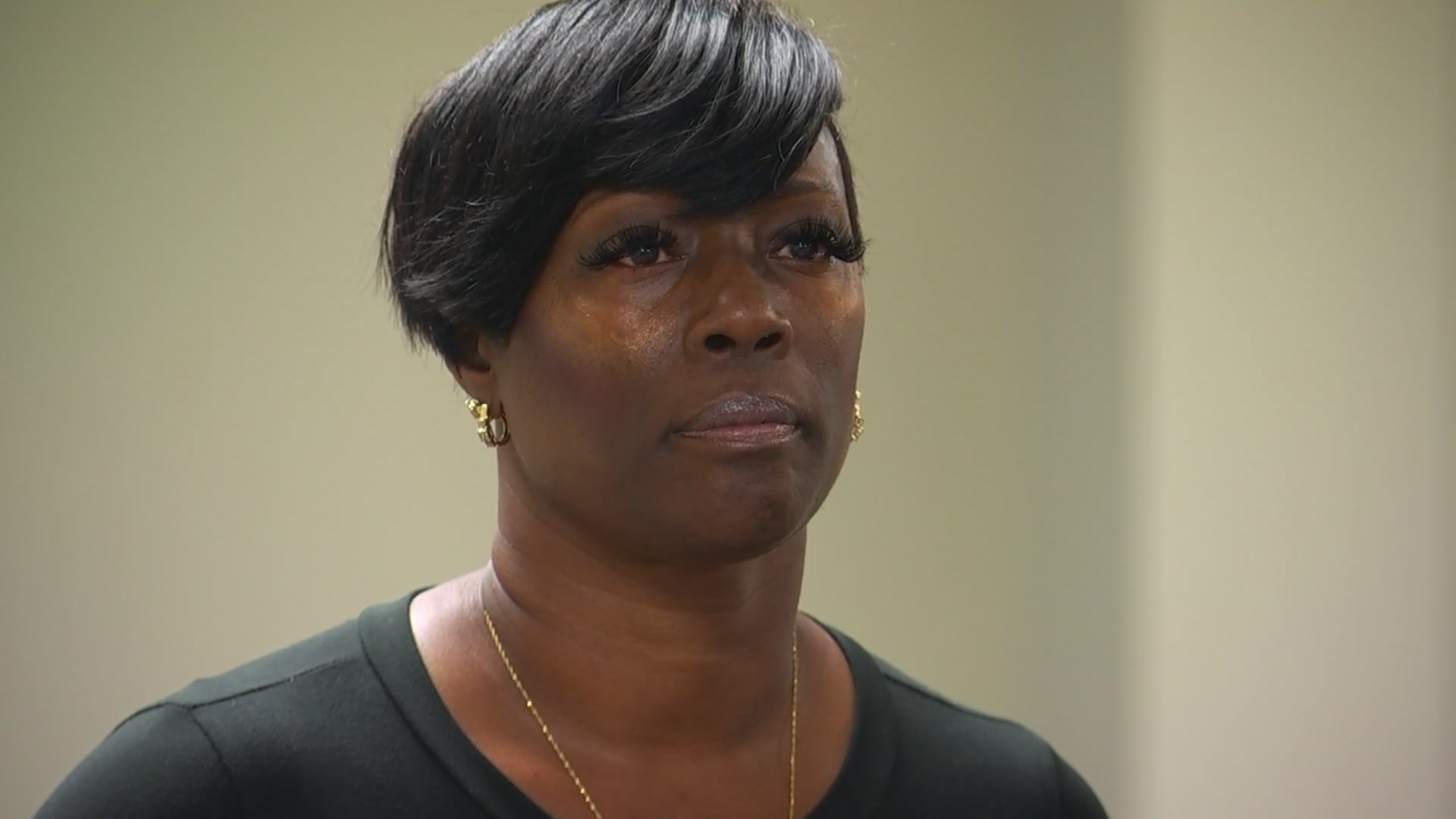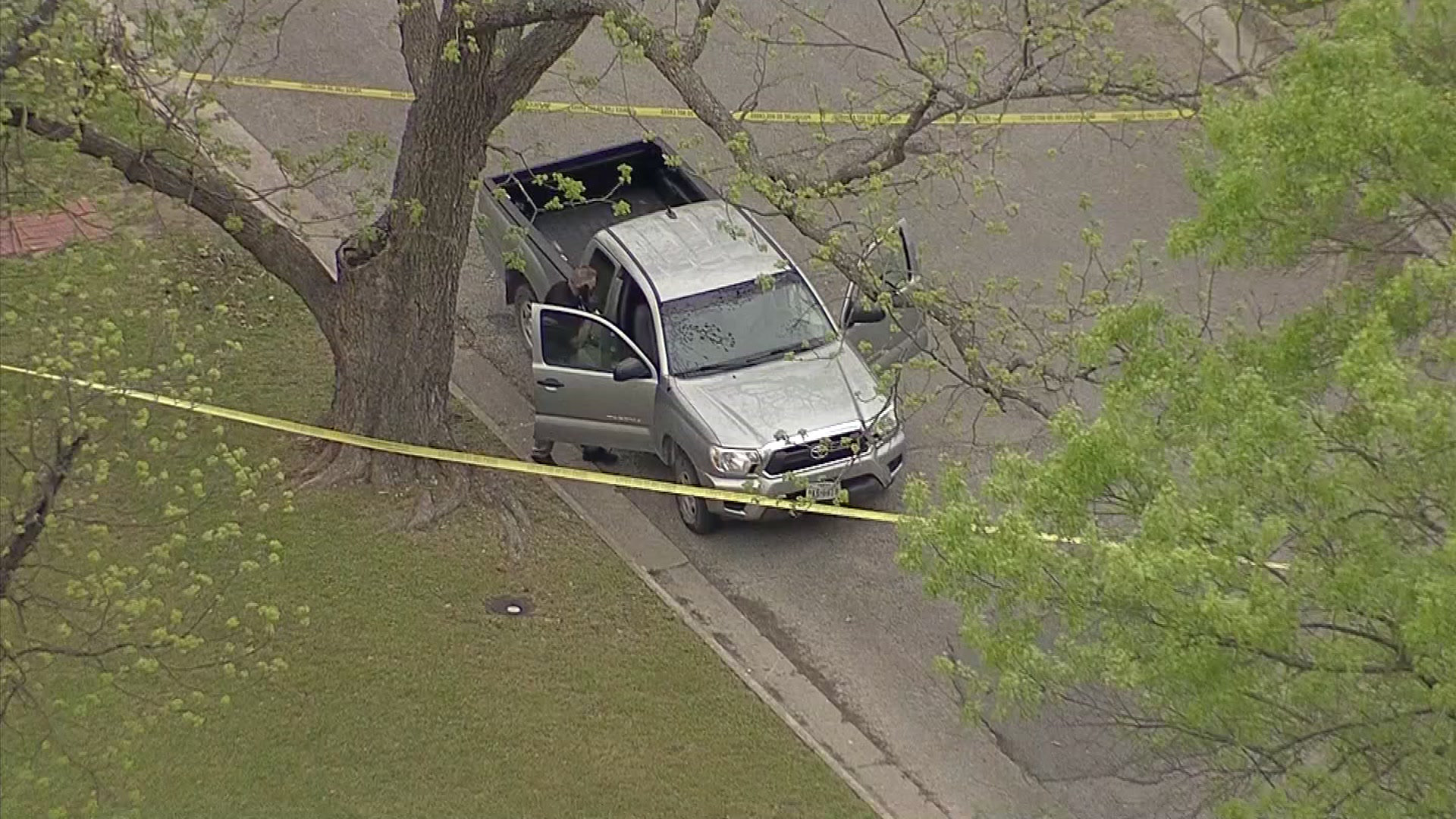On Martin Luther King Jr. Day, a new generation of leaders reflects on how far the country has come and what must be done before their dream is realized.
For Dallas dancer Daunte Borner, movement is expression. Freestyle dance served as his voice during the summer of 2020 on the streets of Dallas. He used dance to demand racial justice and keep names like George Floyd and Breonna Taylor at the forefront of the conversation.
“While I’m dancing, while I’m moving, I’m transferring that energy inside me really based off a lot of mental aspect so I can transfer that into the physical,” Borner said. “Their names are living through me. I have a responsibility now.”
It’s why he said the fight for equality isn’t over. It's why he joined the movement: dancing while others marched.
“Police brutality, racism, it continues. It’s like a never-ending story. A terrible story,” he said. “There is still a lot of work to be done.”
Dallas activist Changa Higgins said MLK Day is a time to reflect on the work that must continue to make King’s dream a reality. He said the time is up for words without action.
“We are in the second wave of the Civil Rights Movement and policing and reimagining public safety is at the forefront of that movement,” Higgins said. “It’s time for us to have conversations nationally about qualified immunity, holding officers accountable, really reforming the criminal justice system.”
Local
The latest news from around North Texas.
King’s daughter, Bernice King, often talks about her father’s legacy and how it was much more than his famous "I Have a Dream" speech. She said her father was adamant about eradicating racism, poverty and militarism.
“We talk about ‘I Have a Dream’ and all the lofty and the comfortable and the safe and the rosy messages that Dr. King had,” Higgins said. “But the critical messages that he had about America and the warnings that he had about America, we leave those out.”
The fight is nothing new for Dallas activist Lelani Russell. So, when the new movement picked up momentum this summer, adding her voice to the masses only made sense. At 27, she’s been protesting since the age of fourteen.
“This is most definitely our Civil Rights Movement. It most certainly is. Because people got complacent,” she said. “People started to think because they took the signs down and we were all in the same schools, they started to think that things were better."
She joins Borner, Higgins and countless others, mostly Black women, who have picked up the torch to fight for justice and blaze trails that she hopes her young daughter won’t have to.
“I want people to understand that I’m not out here screaming and protesting because it’s fun,” Russell said. “I do it because it’s necessary. Because I want my daughter to have a chance; because I want there to be an understanding that I’m not going anywhere.”
Russell said marching is an effective component and form of protest because it causes people to reflect in ways they perhaps hadn’t been forced to. She said she marches and participates in protests because she’s worried about her daughter’s future.
“I don’t know what could possibly happen to her. So, while you’re comfortable, I can’t sleep at night,” Russell said. “So, I want you to be just as uncomfortable as I am.”
She joins Borner, Higgins and others who have picked up the torch to fight for justice in ways she hopes her daughter won’t have to. All of them, in their own way, have joined a new generation of freedom fighters still working on The Dream.



